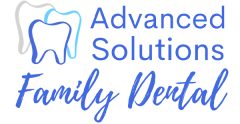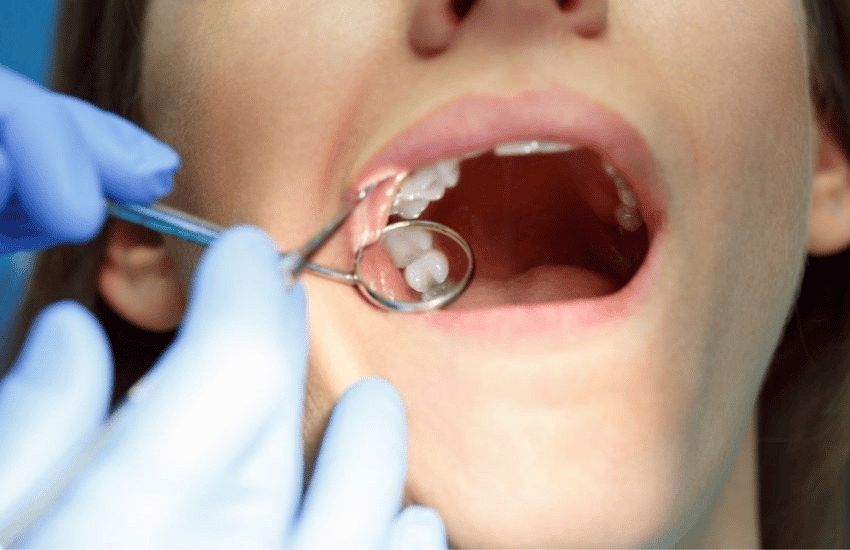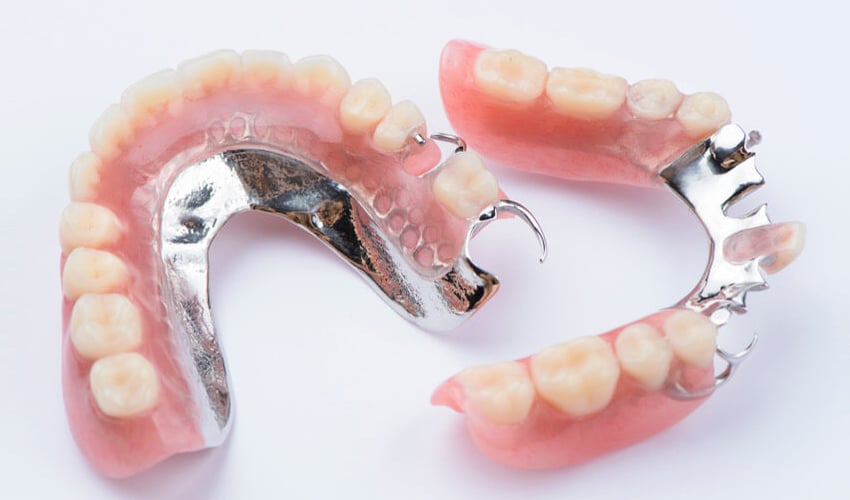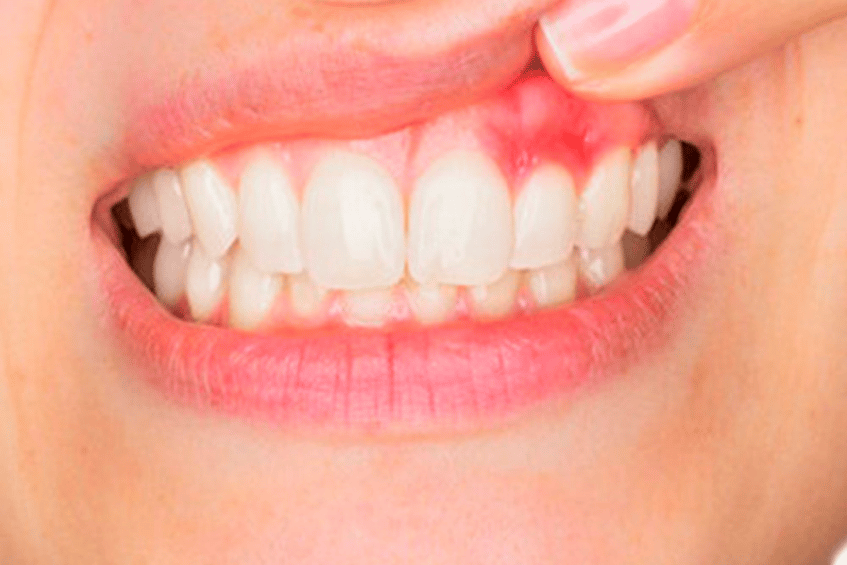Wisdom Teeth generally develop in our late teens or early twenties. In certain cases, Wisdom Teeth serve as a worthy asset to your mouth if strong and properly aligned. But in most cases, they are not aligned well and generally need removal. Wisdom tooth extraction is a serious oral surgery.
Whenever we undergo any surgery the first thing we want is to let it heal properly and quickly. Therefore, we have prepared a list of wisdom tooth extraction to-do’s and don’ts.
Firstly the Dos:
- Rest. Relax for the next couple of days. But that doesn’t mean you need to be completely bedridden.
- Elevate your head. This will lessen your amount of swelling.
- Use an ice pack for the first 24-48 hours after the extraction. Icing will minimize your pain and lessen your swelling. Apply the ice packs 15 minutes on and 15 minutes off for 1-2 hour time periods.
- Bite on your cotton gauze. The pressure will aid in stopping the bleeding.
- Keep it clean. Gargle with a salt-water solution once a day.
- Intake of liquid and soft food for a few days. For example, soups, mashed potatoes, yogurts, milkshakes, smoothies, etc.
- Eat on the other side. It’s crucial not to disturb the wound in your gum and allow it to heal.
- Do jaw exercises by slowly opening and closing your mouth. But you shouldn’t do this immediately after your extraction.
- Drink sufficient amounts of fluids, especially water – but without using a straw!
- Take your medicines as prescribed. Don’t skip a dose, or it will be difficult to soothe the pain later.
- Brush gently. Brush your teeth from the second day after your surgery. But don’t brush the wisdom teeth extraction area.
Now the Don’ts:
- Avoid using straws. Don’t suck, spit, smoke, or consume alcohol. Avoiding these helps maintain the blood clot that forms over the extraction region. If the clot becomes dislodged, you may experience more bleeding and more pain. A potential side effect will develop termed dry sockets.
- Don’t eat, drink, or talk immediately after your surgery.
- Stay away from solid foods. Avoid popcorn, potato chips, and other hard or crunchy foods for at least a week. Stay away from hot or carbonated drinks, spicy foods, sodas, etc. Dentists say you can eat solids only after 4-5 hours of extraction.
- Don’t ever take aspirin. It’s a blood thinner and will delay clot formation.
- Stop icing after the first 48 hours after your wisdom teeth extraction. Instead, use hot water on your extraction site. It will soothe your pain and promote healing.
- Don’t poke into the gap created with your tongue, finger, tissue, or toothpick. It may delay your healing. Thus it may provoke bleeding and can also result in a dry socket.
- Don’t rinse your mouth too strenuously. The pressure might dislodge the blood clot and result in complications.
Finally, visit your dentist if bleeding continues after 24 hours or if you experience great discomfort or fever.
Schedule Your Wisdom Teeth Extraction Today
We at Advanced Solutions Family Dental prioritize your safety and comfort. Our Surgeons are experts at wisdom tooth removal. We use the least invasive techniques possible to reduce discomfort post-surgery. So if you’re searching for a dental surgeon near me in Oak Forest, IL, then surely visit our office for your extraction.





